Top 10 Frequently Asked Questions on COVID-19 Vaccines
(BPT) - The COVID-19 pandemic represents an enormous threat to public health and an extreme challenge to physicians. The American Medical Association (AMA) has closely monitored the global outbreak of COVID-19 and compiled the most frequently asked questions from patients about the COVID-19 vaccines. It is important to know and understand the facts about COVID-19 vaccines, so that we can work together toward achieving immunity and can get back to the moments we miss.
1. How do we know the COVID-19 vaccines are safe?

COVID-19 vaccines were tested in large clinical trials — with participants of different races, ages, ethnicities, and medical conditions — to make sure they are safe and effective. The FDA and CDC carefully reviewed all safety data from clinical trials before authorizing vaccines for emergency use in the U.S. population. The FDA and CDC continue to monitor the safety of COVID-19 vaccines to make sure even very rare side effects are identified.
2. Should I get the vaccine if I’m pregnant or breast feeding?

While we do not currently have definitive data on the safety of COVID-19 vaccines for pregnant women, we have not seen any untoward effects in the pregnant women who have been vaccinated. It is also important to note that data suggests when pregnant individuals contract COVID-19, they have an increased risk of severe illness, hospitalization and death, as well as risk of adverse pregnancy outcomes. All pregnant individuals should have an opportunity to receive a vaccination. We recommend patients who are pregnant or breastfeeding speak with their clinician and make the decision that is best for them based on their own risk of exposure to COVID-19.
3. How do I know when a COVID-19 vaccine will be available for my age group?
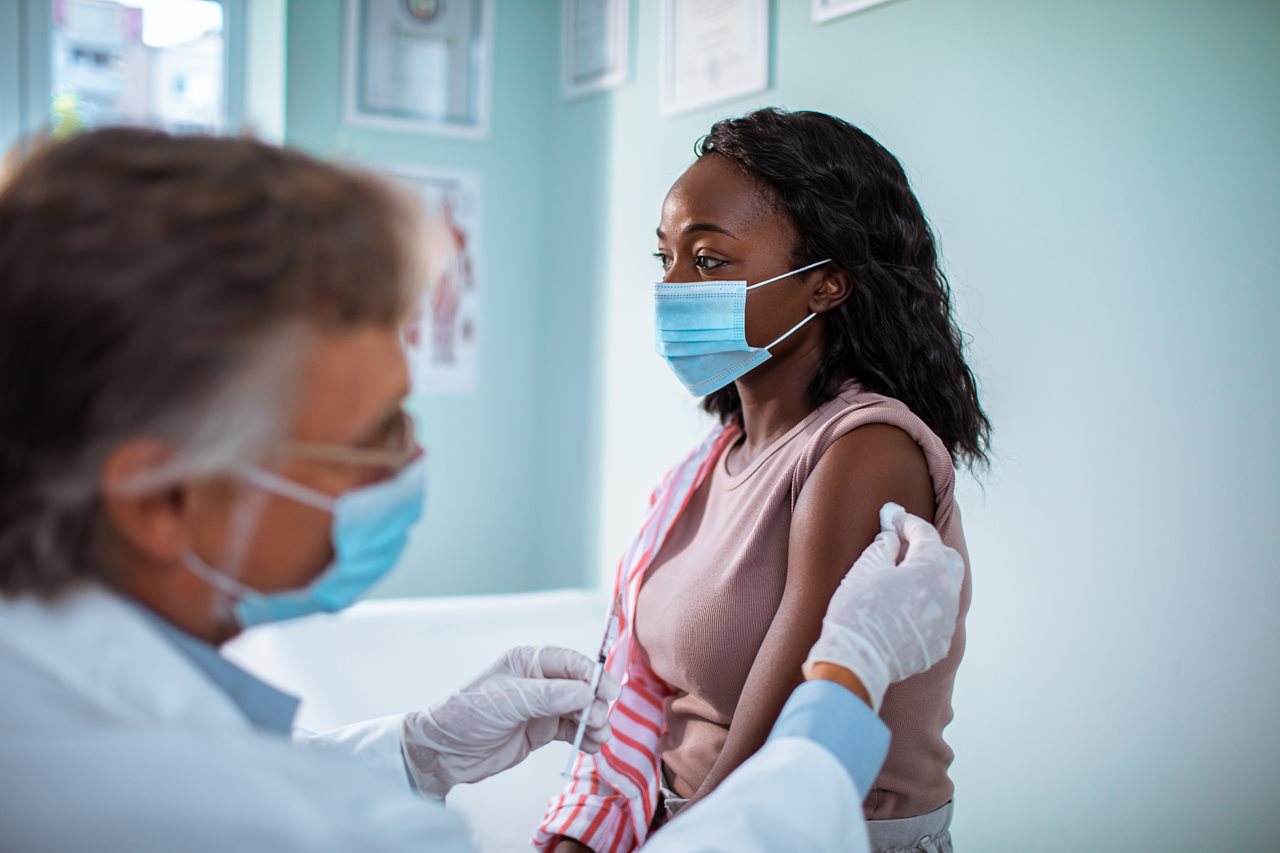
As of April 19, all people age 16 and up in every state are eligible for the COVID-19 vaccine. Additional information about eligibility and timeline can be found at your local public health department website at https://www.cdc.gov/publichealthgateway/healthdirectories/index.html. It’s important to remember that vaccination access and information change quickly, so please check back frequently for the most up-to-date information.
4. Will COVID-19 vaccines be available for young children?

COVID-19 vaccines are not currently authorized for children under 16, as only adults participated in clinical trials. As trials are completed in younger populations, COVID-19 vaccines may be available for children.
5. Will mRNA vaccines interact with my genes or DNA in any way?

mRNA vaccines do not affect or interact with our genes or DNA in any way. mRNA never enters the nucleus of the cell where our DNA is kept.
6. Can mRNA vaccines give someone COVID-19?

No, mRNA vaccines cannot give someone COVID-19. mRNA vaccines do not use the live virus that causes COVID-19.
7. Once I have been vaccinated, can I stop wearing a mask and practicing social distancing?
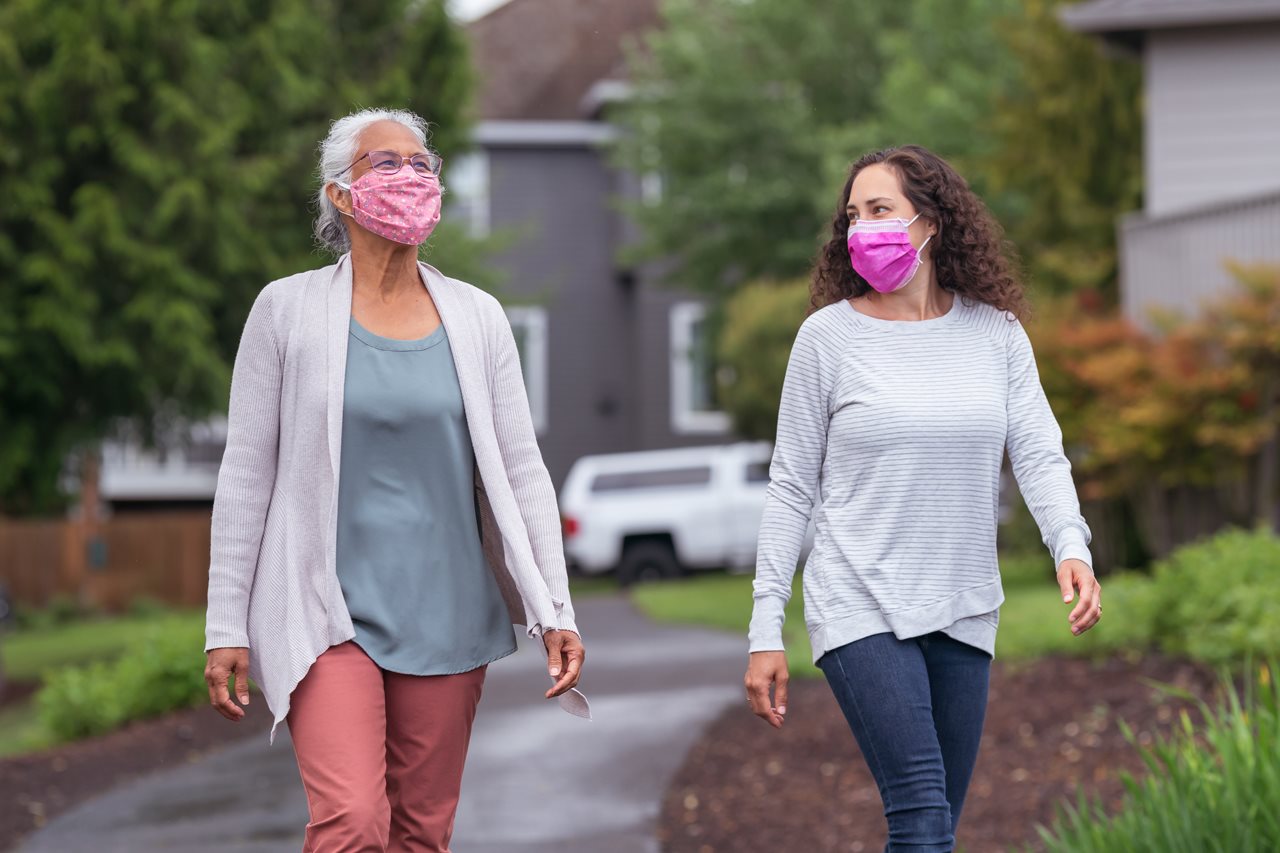
The CDC has phased out certain prevention measures for fully vaccinated people allowing them to resume some lower-risk activities. According to the latest CDC guidance, fully vaccinated people, in non-health care settings, can:
- Visit with other fully vaccinated people indoors without wearing masks or physical distancing
- Visit with unvaccinated people from a single household who are at low risk for severe COVID-19 disease indoors without wearing masks or physical distancing
- Refrain from quarantine and testing following a known exposure if asymptomatic
Additionally, under CDC guidance, fully vaccinated people no longer need to wear a mask outdoors while walking, running, hiking or biking alone, or when in small gatherings, including with members of their own households. However, masks are still necessary in crowded outdoor venues like sports stadiums, the CDC says.
It is also important for fully vaccinated people to continue taking precautions in public such as wearing masks, practicing physical distancing, and adhering to other prevention measures when visiting with unvaccinated people who are at increased risk for severe COVID-19 disease or who have an unvaccinated household member who is at increased risk for severe COVID-19 disease.
Follow CDC and health department guidance as it updates by visiting https://www.cdc.gov/coronavirus/2019-ncov/vaccines/fully-vaccinated-guidance.html.
8. Do people who have previously tested positive for COVID-19 and recovered need to be vaccinated?
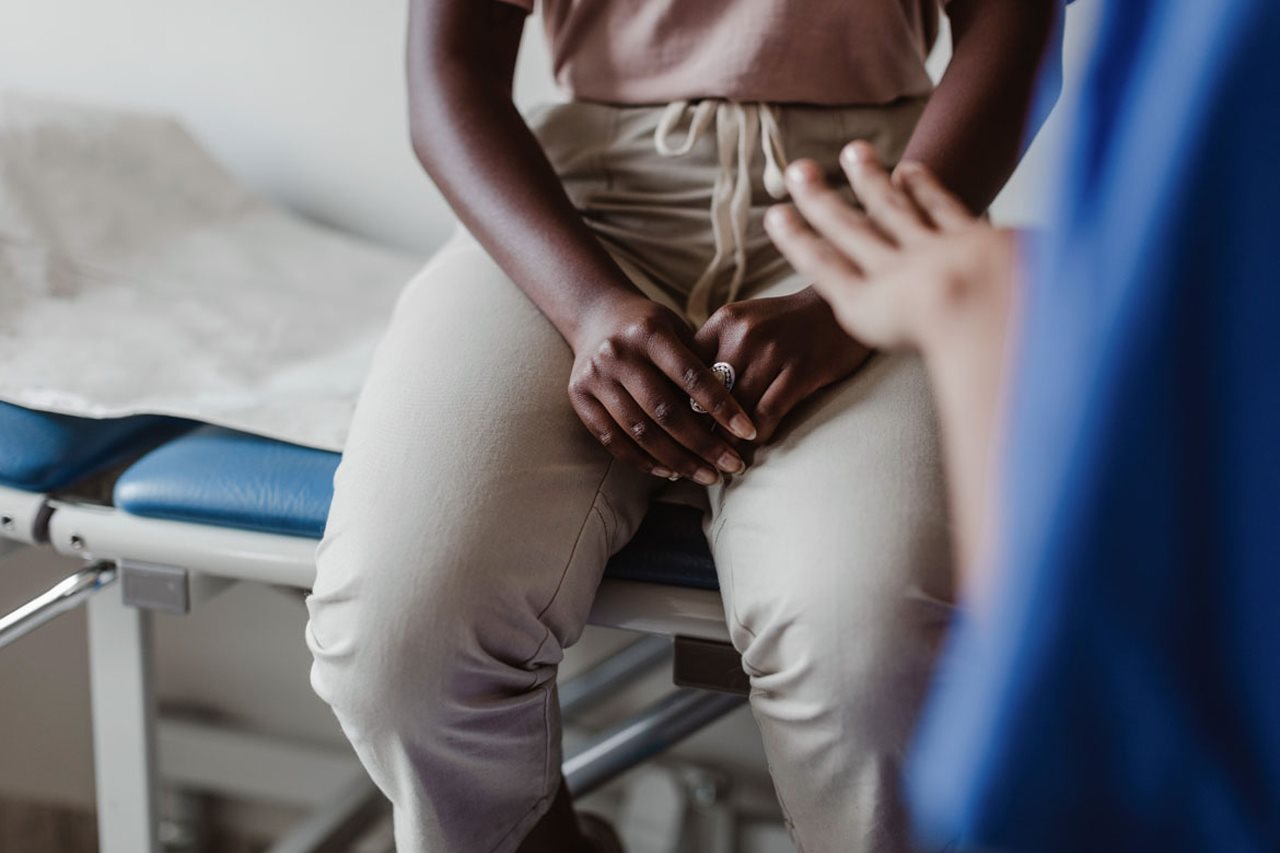
Yes, even if you have already had COVID-19 you should be vaccinated. Experts do not yet know how long you are protected from getting sick again after recovering from COVID-19. Even if you have already recovered from COVID-19, it is possible — although rare — that you could be infected with the virus that causes COVID-19 again. If you were treated for COVID-19 with monoclonal antibodies or convalescent plasma, you should wait 90 days before getting a COVID-19 vaccine. Talk to your doctor if you are unsure what treatments you received or if you have more questions about getting a COVID-19 vaccine.
9. Of those that are currently approved, what vaccine should I get?
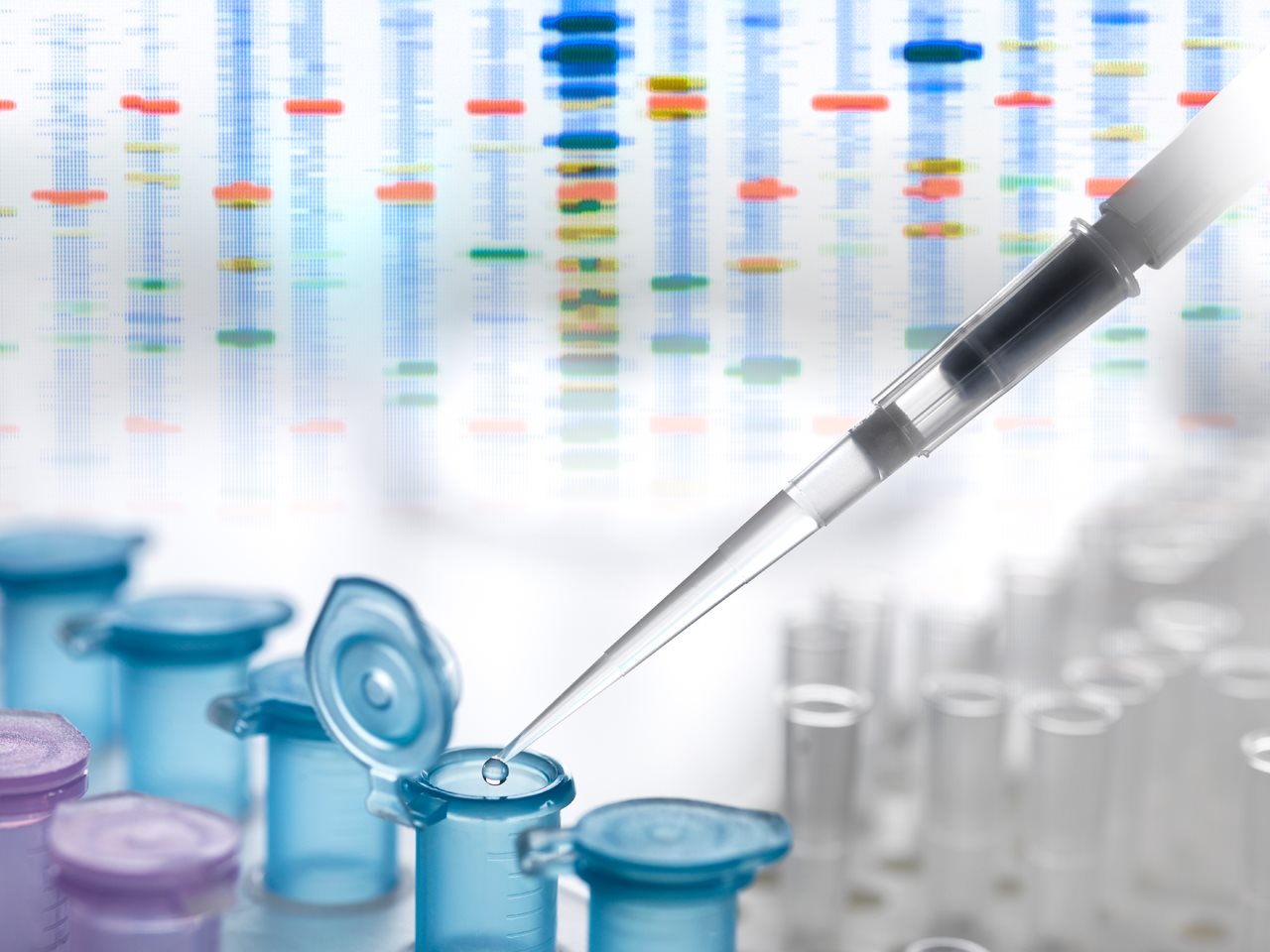
There are now three vaccines available that have received emergency use authorization in the United States — those made by Pfizer-BioNTech, Moderna and Johnson & Johnson/Janssen. All three are safe and highly effective at preventing severe COVID-19 illness, hospitalizations and death. The vaccines were studied at different times, in different countries and under different conditions, making direct comparisons difficult. When it is your turn to be vaccinated, you should take the first vaccine available to you. It is important to note that the vaccines are not interchangeable, and the same vaccine brand must be used for both shots.
10. How much will the vaccine cost?
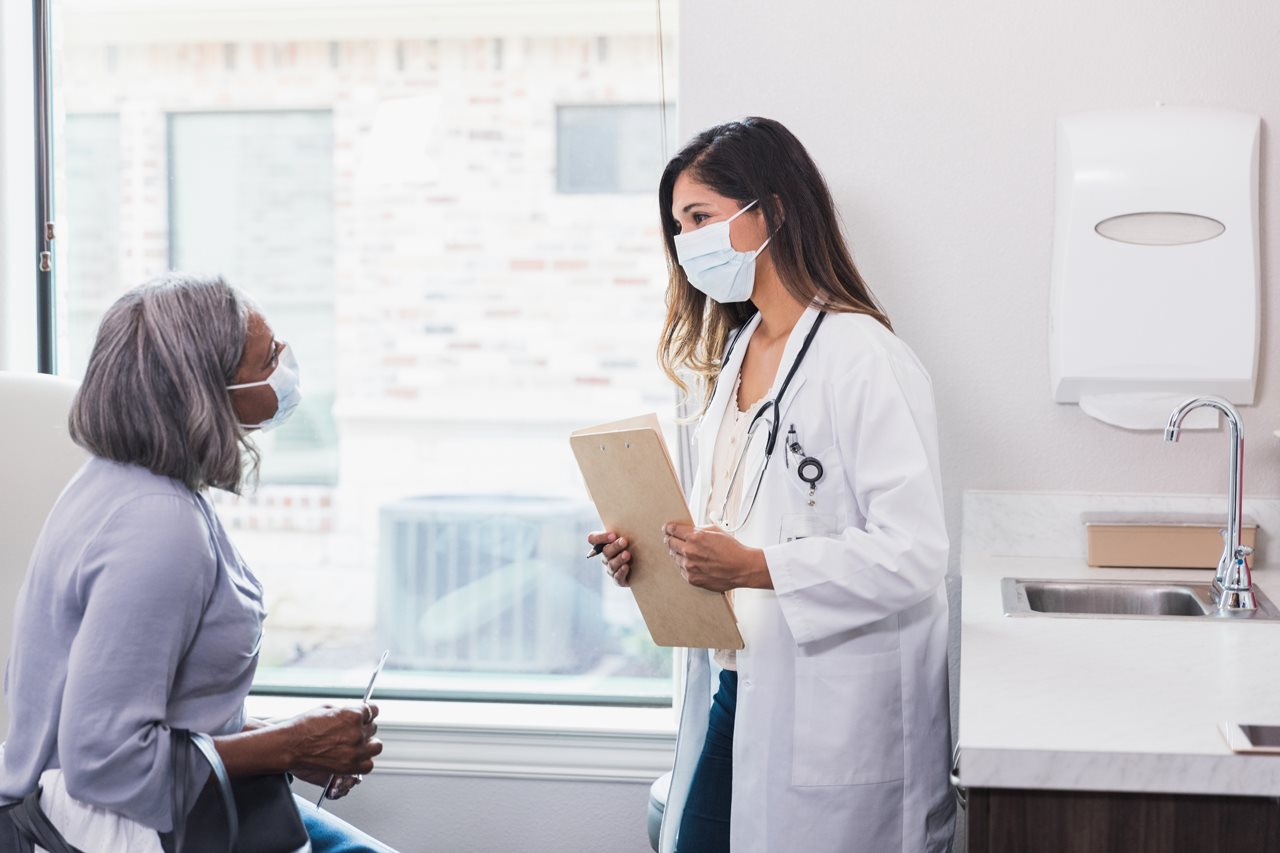
Vaccine doses purchased with U.S. taxpayer dollars will be provided at no cost. However, vaccination providers will be able to charge an administration fee for giving the shot to someone. Vaccine providers can get this fee reimbursed by the patient’s public or private insurance company or, for uninsured patients, by the federal government.

